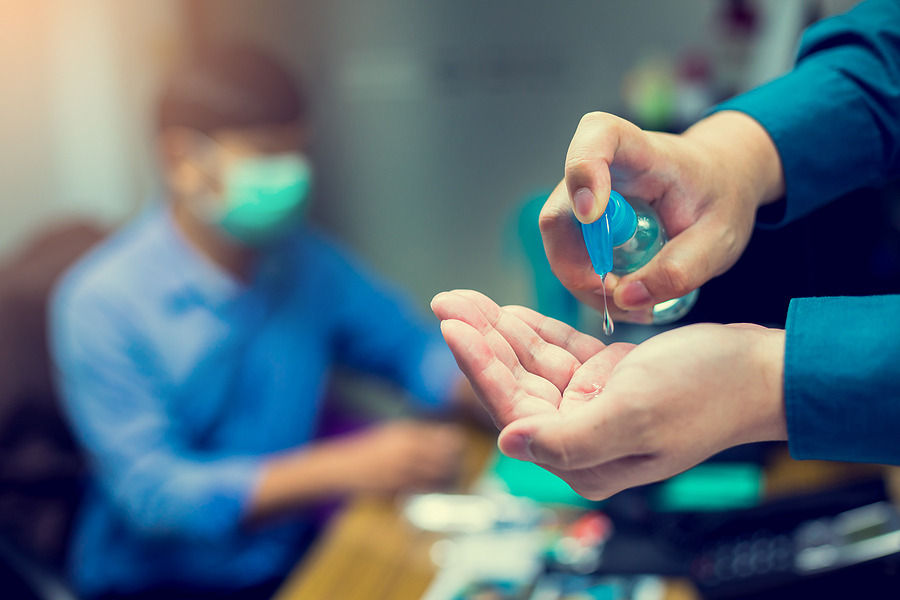“Wash your hands!” It’s a phrase we heard uttered thousands of times in our childhood by well-meaning adults, and one that’s made a resurgence in the wake of the coronavirus. In fact, washing your hands, along with wearing a mask and practicing social distancing, is one of the best ways to protect yourself and others against the coronavirus.
For healthcare providers, proper hand hygiene is crucial to reduce the spread of infection in a hospital, clinic or nursing home setting. But according to the CDC, healthcare professionals clean their hands less than half of the times they should.
As coronavirus cases spike across the nation and the seasonal flu makes its annual appearance, proper hand hygiene is more important than ever. Here’s what you need to know.
Alcohol-Based Sanitizer Beats Soap and Water…Most of the Time
The CDC reports that alcohol-based hand sanitizer is preferable to soap and water in most cases. No, it won’t create antibiotic-resistant “superbugs”, nor will it permanently kill off all the good germs that live on your skin. Used correctly, hand sanitizers are completely safe and more effective than other hand cleaning methods.
There are some exceptions, however. When hands are visibly dirty, after using the restroom, and before and after eating, washing with soap and water for at least 15 seconds, preferably longer, is the preferred method.
When Should You Clean Your Hands?
Healthcare is a fast-paced business, and when you’re rushing from one patient to the next, it’s easy to overlook basic hand hygiene, even when you’re trying to be diligent. At minimum, you should wash your hands:
- Immediately before and after touching a patient.
- Before handling invasive medical equipment, such as an IV or catheter.
- Any time you switch tasks or move from a contaminated body part to a clean one.
- Immediately after coming into contact with bodily fluids.
- Immediately after removing your gloves.
- Any time your patient asks you to. (Hand hygiene compliance actually increases when patients are empowered to speak up.)
Whether you’re using alcohol-based sanitizer or soap and water, it’s important that you obey the 15-second rule – that is, clean hands for at least 15 seconds. Pay special attention to easily overlooked areas such as thumbs, fingertips and in between individual fingers.
Improve Hand Hygiene With Accessible PPE
Improving hand hygiene is a low-effort way to protect yourself and others from the coronavirus, flu and other infections. That’s why easy access to personal protective equipment (PPE), including hand sanitizer, is so important. Protection First’s line of PPE door caddies help you keep everything right where you need it – whether you work in a hospital or long-term care facility.
